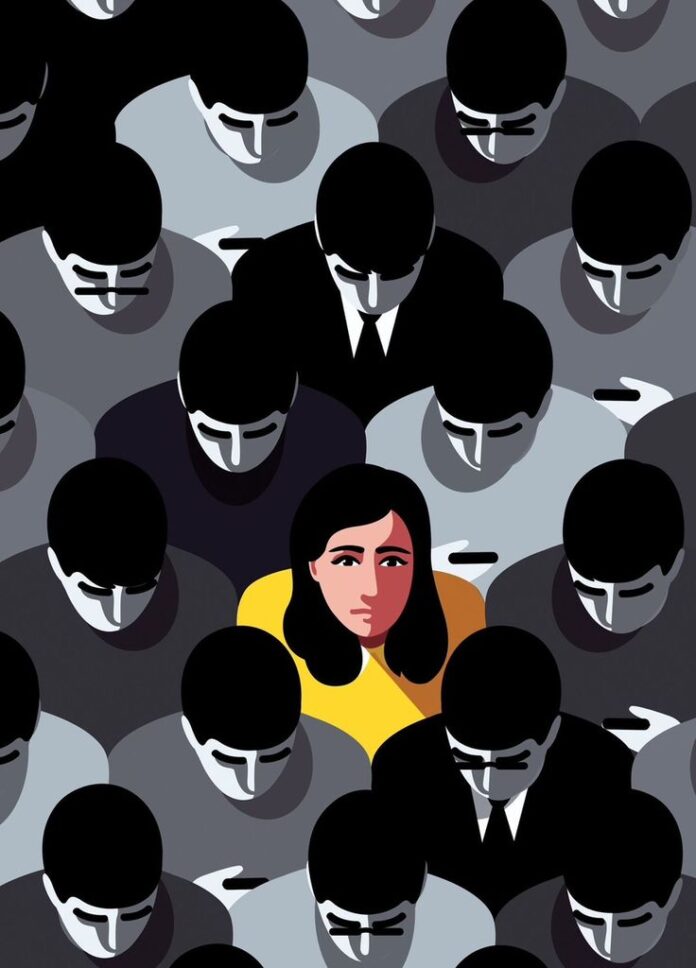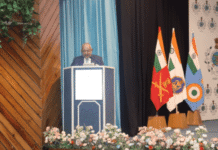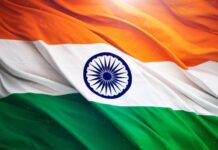In the remote tribal belt of Nicobar, a silent conflict is unfolding between age-old community customs and modern statutory laws. For generations, the Nicobarese tribal communities have lived in close harmony with nature and practiced a flexible, community-centric lifestyle that prioritised collective well-being over rigid family structures or religious doctrines. But in the face of modern laws such as the Protection of Children from Sexual Offences (POCSO) Act, some of these indigenous practices are now under legal scrutiny.
Historically, the Nicobarese people did not have formal marriage systems. Relationships were built on mutual understanding, social approval, and long-term commitment rather than legal contracts. The concept of marriage only emerged during the 20th century after a community member named John Bishop returned and introduced Christianity. The religious influence led to the adoption of certain formal norms, including intra-community marriage.
However, even with this religious shift, the community retained a progressive attitude toward relationships. Couples, especially young ones, who wished to live together with mutual consent were accepted without formal marriage, as long as their relationship was known and acknowledged by their families and village elders. This culturally rooted understanding closely resembles what the rest of the world now refers to as “live-in relationships.”
Over the years, even with increased exposure to modern education and the mainstream legal framework, the community has largely held on to these traditional relationship norms. But complications arise when such culturally accepted practices intersect with statutory mandates. A growing concern within the community is the legal trouble faced by couples, especially teenage ones, who, while conforming to tribal customs, are violating state laws by being in relationships below the age of 18.
For instance, when a young couple, accepted by their families and community, visit a hospital for a pregnancy check-up, medical staff are bound by law to report the case under the POCSO Act if either partner is underage. As a result, the boy is often sent to a juvenile home while a case is filed against him. Though bail is granted, the legal process drags on, leaving families confused, traumatised, and culturally conflicted.
What worsens the situation is the legal aftermath. Families are required to travel to Sri Vijaya Puram to attend court hearings and hire legal representation. For many Nicobarese families, this presents an overwhelming challenge. Several of them have never left their home islands or had any interaction with the mainland’s legal system. The sudden burden of navigating court procedures, securing documents, and understanding legal jargon causes significant psychological stress.
Moreover, legal representation doesn’t come cheap. Lawyers often charge hefty fees for defending POCSO cases, adding severe financial strain to families already struggling to pay for bail and travel expenses. For tribal households with limited income, this process becomes not just legally but economically punishing. “We are not criminals, but we are made to feel like one,” a community member said, requesting anonymity.
“This is not about abuse or exploitation. These are consensual relationships within a community that has always lived by its own moral code,” said a local elder, reflecting the growing distress over the recurring legal troubles faced by their youth.
Government agencies have tried to address the issue through awareness campaigns that educate tribal youth about the physical and emotional risks of early pregnancies. However, the core question remains unaddressed: is legal punishment the right way forward in a context where the relationships are culturally sanctioned and socially recognised?
Adding complexity to the issue is the data. According to an analysis of National Crime Records Bureau (NCRB) statistics, the Andaman and Nicobar Islands have consistently shown one of the highest per capita rates of sexual offences against children among Union Territories, despite the region’s low population. This indicates not a spike in abuse, but a possible mismatch between strict legal enforcement and the socio-cultural context in which these cases arise.
The challenge highlights a broader concern about India’s federal legal structure: while national laws like POCSO are universally binding, their application can become problematic in remote tribal zones where customary practices are constitutionally recognised under Schedule V of the Indian Constitution. These areas, designed to safeguard tribal rights and autonomy, are often not reflected in how mainstream laws are implemented.
As pressure builds from affected families and community leaders, some have begun advocating for more culturally nuanced reforms. Proposals include the formation of local legal review boards comprising tribal elders, child welfare experts, and judicial representatives who could assess whether a case truly involves exploitation before it is formally registered. Others have called for policy amendments that would allow certain cases in Schedule V areas to be reviewed under region-specific guidelines rather than blanket national rules.
With the fear of legal consequences looming, some tribal families now avoid formal medical support altogether. Instead, they opt for home deliveries or seek help from traditional midwives, raising concerns about the safety of young mothers and infants. This unintended fallout poses public health risks and defeats the very purpose of statutory protections.
The situation underscores a deeper dilemma: how can statutory law be sensitively applied in indigenous communities without criminalising traditional ways of life? As tribal communities continue to walk the tightrope between preserving their identity and adapting to national frameworks, the need for culturally contextual legal reform becomes more urgent than ever.
For now, the Nicobarese community remains caught between two worlds, one of age-old customs and another of codified law, raising uncomfortable but necessary questions for policymakers, legal institutions, and society at large.





